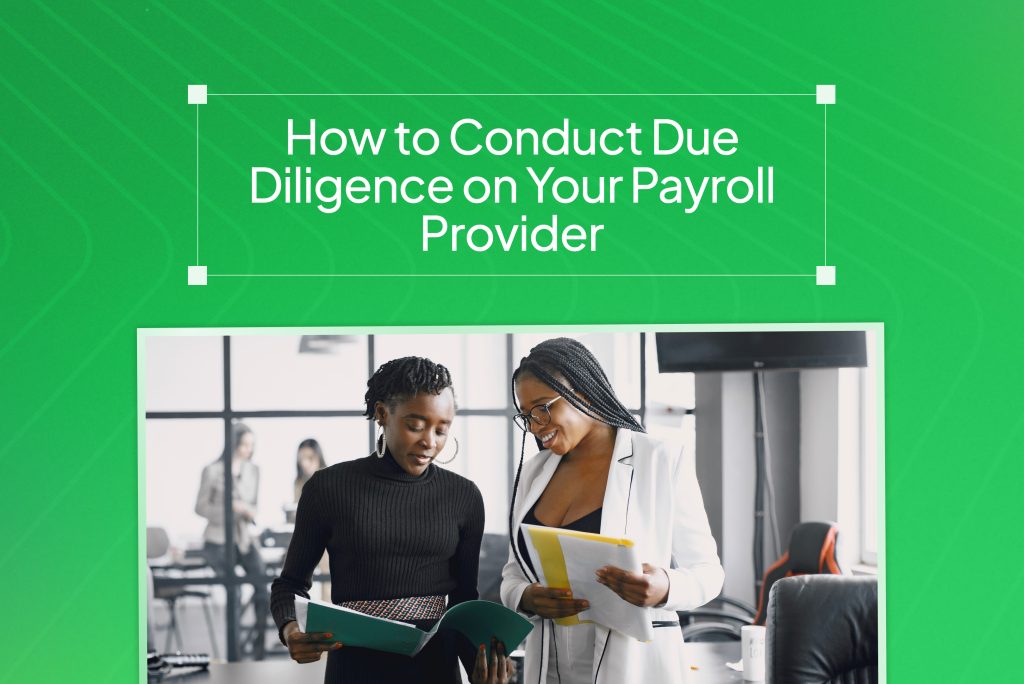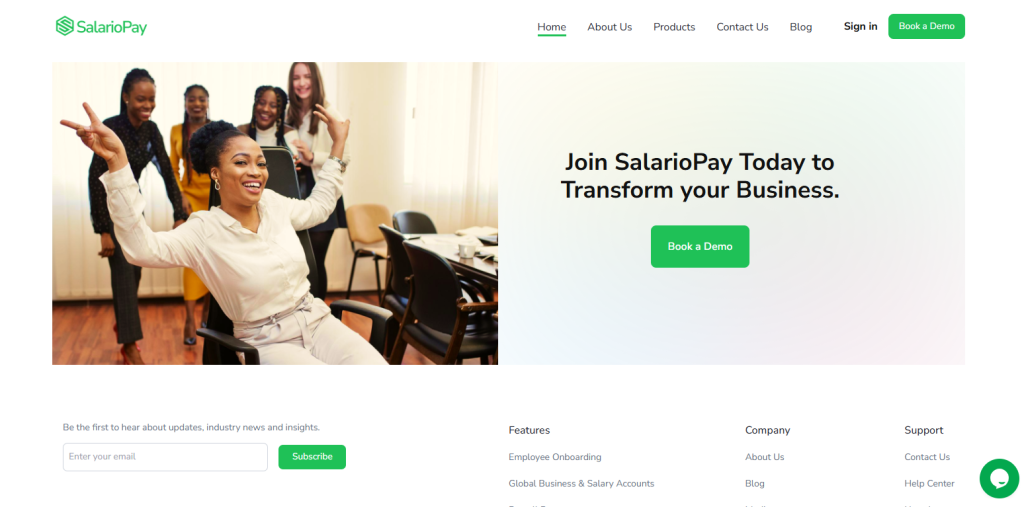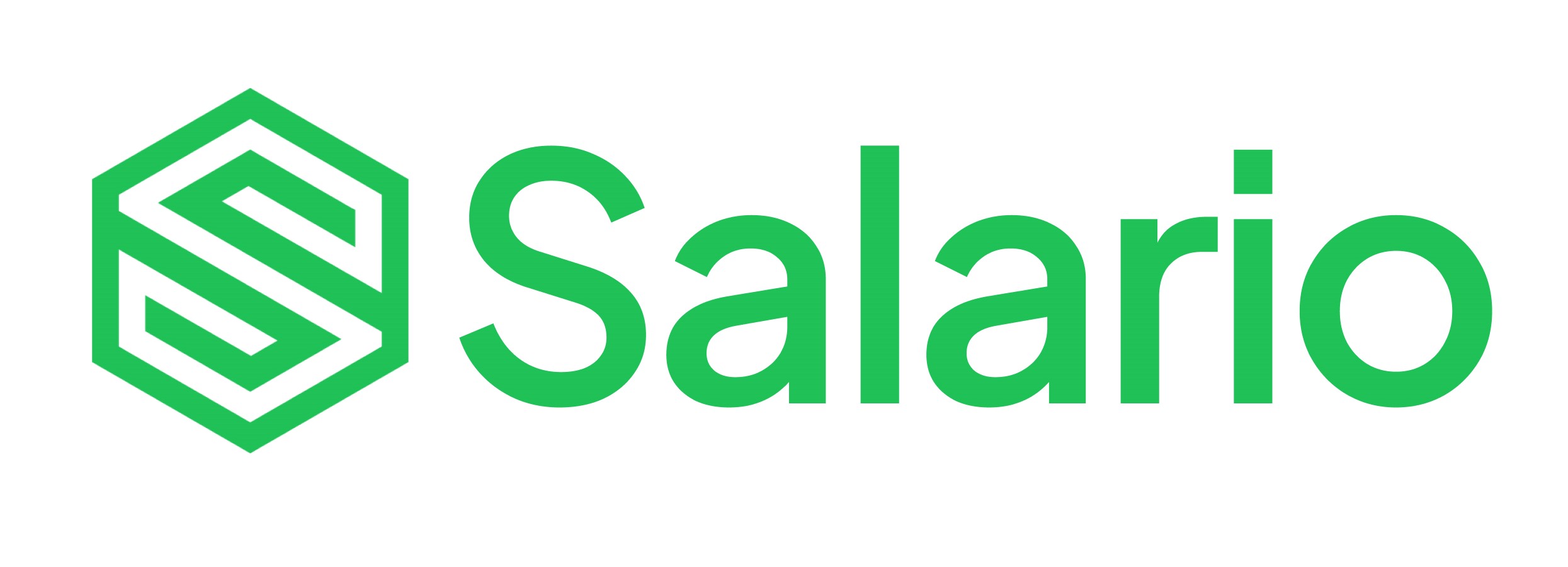
As a business owner in Nigeria, one thing you’ll want to do is stay on the right side of the law. Nobody wants to face penalties or warnings from authorities for payroll compliance issues. It is crucial to ensure that your payroll provider can efficiently manage your monthly payroll, ensuring smooth operations and satisfied employees. Achieving payroll compliance is a must to avoid fines and keep your business running smoothly, but the wrong payroll provider can lead to mistakes, late payments, and even legal trouble. That’s why you need to conduct due diligence before making a choice.
Choosing the right payroll provider is critical to ensuring your business runs smoothly, stays compliant, and avoids costly errors. But how do you know if your payroll provider is the right fit? Conducting due diligence on your payroll provider is the key to making an informed decision that eases stress and protects your business. The key to achieving this, lies in knowing how to conduct due diligence effectively. In this article, we’ll walk you through the essential things to look out for when you conduct due diligence on your payroll provider, to ensure payroll compliance for your business.
Why Due Diligence on Your Payroll Provider Matters
When running a business in Nigeria, payroll compliance isn’t just about paying your workers on time; it’s about following the country’s tough rules on taxes, labor laws, and required payments like pensions. If your payroll provider can’t handle payroll compliance well, your business could face big problems, like fines, court cases, or even a negative reputation. For example, Nigeria’s Pay-As-You-Earn (PAYE) system demands that you send tax money to the State Internal Revenue Service (SIRS) by the 10th of the next month with no excuses. Missing these deadlines can lead to costly penalties. Plus, if your payroll provider makes mistakes, like taking the wrong amount from salaries or paying late, your workers might get upset, and this can affect their overall performance. That’s why you need to conduct due diligence on your payroll provider. When you conduct due diligence, you ensure they can manage these challenges, keep payroll compliance on track, and let you focus on growing your business without worry.
Step 1: Payroll Compliance Expertise
When you conduct due diligence, the first thing to look at is how well your payroll provider handles payroll compliance in Nigeria. They need to know all about the regulatory rules, like PENCOM pension payments, PAYE, and more, and paying them on time to avoid trouble. Check if they’ve done Pay-As-You-Earn (PAYE) taxes well for businesses in Nigeria, where the rules can be tough. Check their history. Do they have happy customers or a record with no fines? A provider who’s good at payroll compliance will also know how to deal with audits or problems from agencies like the Federal Inland Revenue Service (FIRS), keeping your business safe.
Step 2: Data Security Measures

Payroll involves sensitive employee data like salaries, bank details, and tax identification numbers. A breach can lead to financial loss and reputational harm. When assessing a payroll provider, investigate their data security measures. Do they use encryption to protect data? Are their systems compliant with international cybersecurity standards?
In Nigeria, online crime is a big worry. Payroll data theft went up by 15% according to recent reports. Ensure your provider has plans for backups, limits who can see your data, and knows what to do if there’s a breach. Keeping data safe is a big part of payroll compliance, as it protects your workers and your business.
Step 3: Automation and Ease of Use
Manual payroll processing takes a lot of time and can lead to mistakes that mess up your payroll compliance. When you conduct due diligence, look for a provider that does things automatically, like calculating salaries, taking out taxes, and sending payments to the right places.

Additionally, the platform should be easy to use. A complex system can create more stress for your HR team. Look for a payroll provider with an intuitive interface that requires minimal training. Features like employee self-service portals, where staff can access payslips or request leave, can further reduce administrative workload. Salariopay, for example, is known for its user-friendly design, making it a popular choice for Nigerian businesses.
Step 4: Scalability and Integration Capabilities
Your business might get bigger, and your payroll needs will change. When you conduct due diligence, make sure your provider can grow with you and still keep payroll compliance on track. For example, if your Lagos-based startup expands to Abuja, your provider should be able to handle the tax variations between states seamlessly.
Integration with other systems, such as HR or accounting software, is also crucial. This ensures data flows smoothly across platforms, reducing manual entry errors. Ask your payroll provider if they support integrations with tools like QuickBooks or if they offer APIs for custom connections. A scalable and integrated solution future-proofs your payroll process.
Step 5: Customer Support Quality
Payroll deadlines are strict, and unexpected issues can arise at any time. If your provider doesn’t help you fast, your payroll compliance could be at risk. As you conduct due diligence, check how their customer support is. Do they provide 24/7 support? Do they have people you can talk to directly?
For Nigerian businesses, having local help is a big advantage. A provider with experts in Nigeria knows the rules and can solve issues quickly. Good customer support helps stop payroll mistakes, which is super important for keeping payroll compliance in check.
Step 6: Pricing and Hidden Costs
Budget is a key concern for Nigerian businesses, especially startups and SMEs. When you conduct due diligence, look at how much your provider charges and if they’re honest about it. Some might add hidden fees for things like extra features or late payments, which can make it hard to afford payroll compliance.
Compare pricing models to ensure they align with your budget. A cost-effective payroll provider delivers value without compromising on essential features like compliance or automation.
Step 7: Solid Reputation.
A provider with a good reputation is one you can trust for payroll compliance. Finally, when you conduct due diligence, look into their history, how long they’ve been around, and what other businesses say about them. Have they had tax problems before? For instance, some providers like Bento have been flagged for delayed tax remittances, according to recent reports.
Check if they’re registered with relevant authorities and if they hold certifications for payroll services. A provider with a strong track record and positive reviews is more likely to deliver reliable services. This step ensures you partner with a trustworthy payroll provider that aligns with your business goals.
Why Salariopay Stands Out for Nigerian Businesses

After conducting due diligence, Salariopay appears as the best choice for Nigerian businesses seeking payroll compliance in 2025. Here’s why Salariopay excels:
Flawless Payroll Compliance
Salariopay automates salary payments, PAYE remittances, pension contributions. This ensures your business stays penalty-free and compliant with Nigerian laws.
Affordable Pricing
Salariopay is very budget-friendly for Nigerian businesses, especially SMEs. Their affordable pricing makes it easy for you to manage payroll compliance without worrying about spending too much, so you can focus on growing your business.
User-Friendly Design
Salariopay offers an intuitive interface and an employee self-service portal that streamlines payroll, reducing errors and supporting payroll compliance.
Mobile Money Support:
Salariopay’s mobile money payments ensure all employees get paid on time, a key feature in Nigeria.
Local Expertise
With in-country experts and 24/7 support, Salariopay resolves issues quickly, keeping your payroll compliance on track.
Salariopay combines compliance, affordability, and ease of use, making it the best choice for Nigerian businesses aiming for stress-free payroll management.
Conclusion: Achieve Payroll Compliance with the Right Provider
Ensuring payroll compliance starts with knowing how to conduct due diligence on your payroll provider. By looking out for compliance expertise, data security, automation, scalability, support, pricing, and reputation, you can find a provider that safeguards your Nigerian business. Salariopay stands out as the best choice, offering seamless payroll compliance and a stress-free experience. Ready to transform your payroll process? Visit our website, www.salariopay.com to see how Salariopay can help your business thrive!
